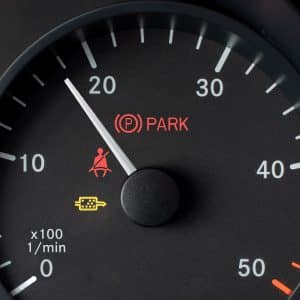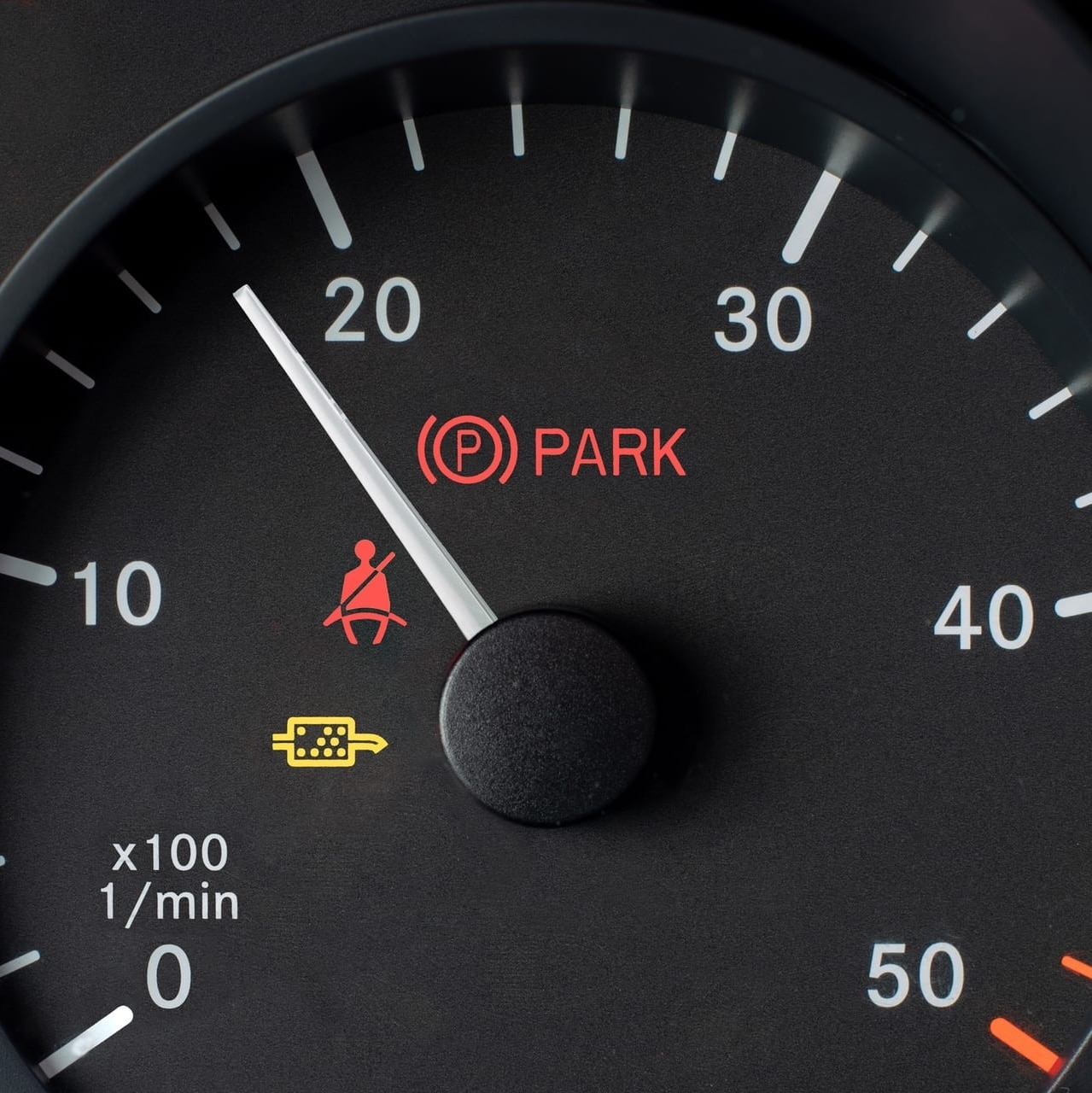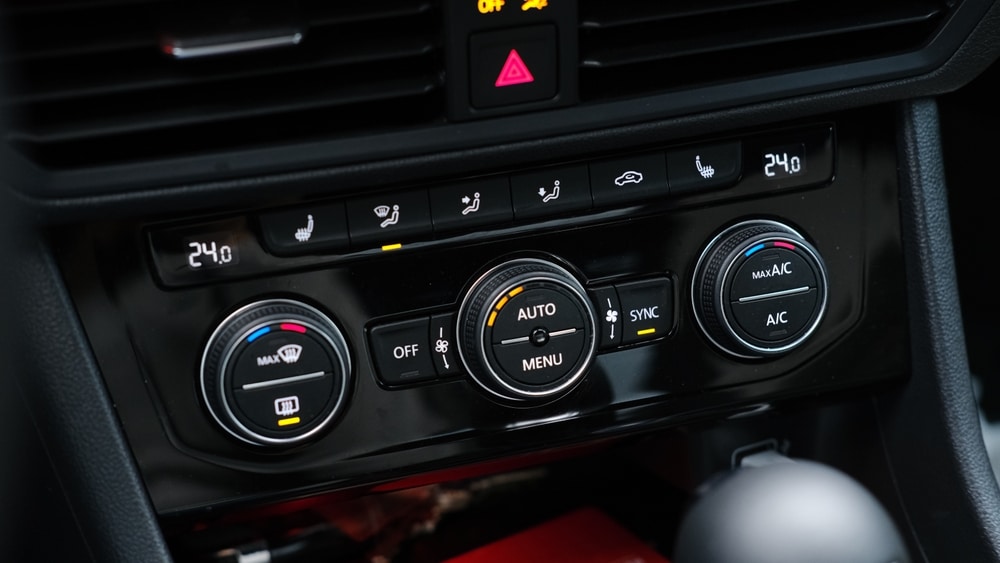Diesel Particulate Filters (DPFs)
Diesel Particulate Filters (DPFs) have become critical components in modern diesel vehicles. DPFs filter harmful emissions from diesel engines, thus preventing pollutants from entering our environment and in turn reducing pollution.
During the combustion process, diesel engines emit hazardous particles that DPFs capture and store in order to meet emission standards. All diesel vehicles produced after 2009 are legally required to have a DPF installed. Without a DPF, your vehicle will not meet emission standards, it will fail its MOT and you could incur fines up to £1,000 for a car or £2,500 for a light goods vehicle.
In this blog, we will look at how DPFs work, discuss how to prevent problems from arising, and explore the most common reasons for DPF failures.
We will provide valuable insights into the importance of regular DPF maintenance and cleaning to keep your DPF running smoothly. Whether you’re a diesel engine owner or simply looking to expand your knowledge about Diesel Particulate Filters, our blog is packed with engaging information you won’t want to miss!
With that in mind, let’s begin…

Understanding DPFs – How They Work
Diesel engines are known for contributing to air pollution, which is why Diesel Particulate Filters (DPFs) are a legal requirement of modern diesel vehicles. DPFs capture and store the particulate matter emitted by diesel engines during combustion, trapping soot particles in their thousands of tiny ceramic holes.
Periodic cleaning is necessary to prevent clogging in the DPF, resulting in a process called ‘regeneration.’ In regeneration, the accumulated soot particles are either burned off through passive or active regeneration.
Passive Regeneration: This occurs when the engine’s exhaust gases are hot enough to burn off soot particles on their own. It usually happens on motorways or dual carriageways when the engine is working hard, causing the exhaust gases to become hotter.
Regular regeneration is essential to maintain the DPF’s efficiency. Therefore, it is crucial to keep the DPF clean and maintained. By keeping your DPF in top condition, you contribute to safer, cleaner roads and air.
At our garage, we specialise in DPF maintenance and cleaning, providing top-notch solutions for your vehicle. Contact our team at Shires Garage today to learn more.
The Role of DPFs in Meeting Emission Standards
In order to meet stringent exhaust emission regulations, diesel vehicles have had to incorporate DPFs into the engines to reduce the release of harmful fumes, including CO2, effectively, since 2009.
It is crucial to maintain a functioning DPF in your vehicle to ensure compliance with emission standards. Without a properly working DPF, your vehicle may be deemed illegal if it fails to meet the required emissions standards. In fact, since February 2014, DPF checks have become mandatory during MOT testing. This means that diesel owners must have a functioning DPF in their vehicles and cannot avoid this requirement.
Non-compliance with emissions standards can lead to potential fines and penalties. Thus, it is vital to prioritise the upkeep of your DPF and ensure that it is in full working order to meet the necessary regulatory requirements.
If you have any concerns or require assistance with your DPF, our experienced technicians are here to help. Contact us today to schedule an appointment for DPF maintenance or any related services.
Preventing DPF Failure
Keeping your DPF in good working condition is crucial to maintain engine performance and prevent potential damage. Certain factors commonly contribute to DPF failures, which can have detrimental effects on your vehicle. Here are some key factors to consider:
Overheating: DPFs that overheat may sustain damage such as melting or cracking, leading to reduced efficiency or even failure.
Clogging: If the soot particles are not burnt off properly during regeneration it can result in DPF clogging. This restricts exhaust flow, reduces engine performance, and adversely affects efficiency.
Neglected Maintenance: Failing to adhere to recommended DPF maintenance, including skipping scheduled cleanings, can cause the filter to become clogged, reducing its efficiency and increasing the risk of failure.
Fuel Contamination: Fuel contaminated with sulphur or water can damage the ceramic filter within the DPF, causing inefficiency or failure.
Faulty Sensors: Malfunctioning sensors can cause the engine to operate outside the optimal range for the DPF. This can lead to clogging or damage to the filter.
To prevent DPF failure, it is essential to follow the manufacturer’s recommended maintenance practices. Using the correct fuel and avoiding excessive idling can help maintain the DPF’s efficiency. Regularly monitoring the engine’s performance and addressing any issues as soon as possible can also help prevent DPF failure.
Our skilled technicians are well-versed in DPF maintenance and can provide expert assistance. Contact us today to schedule an appointment and ensure the best performance and longevity of your vehicle’s DPF.
Identifying Signs of Potential DPF Issues
It’s important to be aware of potential signs that may indicate a malfunctioning Diesel Particulate Filter. Recognising these signs early on can help prevent further damage, so here are common indicators to look out for:
Unusual Noises: A clogged DPF can cause an increase in exhaust pressure, leading to abnormal sounds like rattling or banging.
Reduced Performance: A failing or clogged DPF can result in decreased engine performance, leading to reduced acceleration or power.
Strong Exhaust Smells: When a DPF fails, unburned soot and particulates may accumulate, leading to a noticeable strong smell from the exhaust.
Warning Light: Most vehicles have a dashboard warning light specifically designed to alert drivers to DPF malfunctions. This warning light is typically displayed as a symbol resembling a down arrow or as the letters “DPF.”
Increased Fuel Consumption: A malfunctioning DPF can negatively impact fuel efficiency, causing the engine to consume more fuel than usual.
At Shires Garage, our experts advise scheduling a vehicle inspection as soon as you notice any of these signs. Addressing DPF issues promptly can help prevent further complications and avoid potentially costly repairs. Don’t delay; contact us today to book an inspection and ensure your vehicle’s DPF is running exactly as it should.
Practical Tips for Preventing DPF Issues
Here are some practical tips to help you prevent DPF issues:
- Regular Vehicle Maintenance: Proper vehicle maintenance, including regular oil and air filter changes, can keep your engine running smoothly and prevent potential DPF failure.
- Avoid Short Driving Distances and Idling: Excessive idling or short driving distances can cause the DPF to clog. To prevent this, avoid idling for prolonged periods and try to go for longer drives whenever possible.
- Regular Long Motorway Trips: Long drives on the motorway at higher speeds can increase exhaust temperatures, causing soot particles to burn off during regeneration. This can help prevent DPF clogging and maintain optimal engine performance.
- Use Low-Ash or Ashless Oils: Using the correct type of oil can prevent soot build-up in the DPF. Low-ash or ashless oils produce fewer particles when burned, reducing the risk of DPF clogging and damage.
- Use High-Quality Fuel: Poor-quality fuel or fuel contaminated with water or sulphur can damage the DPF and reduce engine performance. Using high-quality fuel can help prevent DPF issues and keep your engine running smoothly.
By following these practical tips, you can help prevent DPF issues and ensure your vehicle runs like new. Our skilled technicians at Shires Garage can also provide expert assistance in maintaining your vehicle’s DPF, ensuring longevity and optimal performance. Contact us today to schedule an appointment.
In Summary
Modern diesel engines are required by law to have a fully functioning Diesel Particulate Filter (DPF) to ensure that they meet emission standards. Failing to maintain the DPF can not only cause a failed MOT but can also damage or clog the DPF, leading to various faults in the engine and reduced vehicle performance.
Proper vehicle maintenance is essential to avoid DPF issues and maintain optimal engine performance, such as using high-quality fuel and oil, taking occasional longer motorway journeys, and avoiding prolonged idling. It’s also important to address any issues as soon as they arise to prevent DPF failure and ensure that your vehicle’s DPF is functioning properly, reducing harmful emissions.
At Shires Garage, we provide precise DPF diagnoses to help prevent costly repairs. Our team of experts provides high-quality workmanship and great value for money to ensure your DPF issues are resolved efficiently. You can rely on us whenever you have a DPF issue. Contact us today to book an appointment and ensure your vehicle’s DPF is running at its very best.



